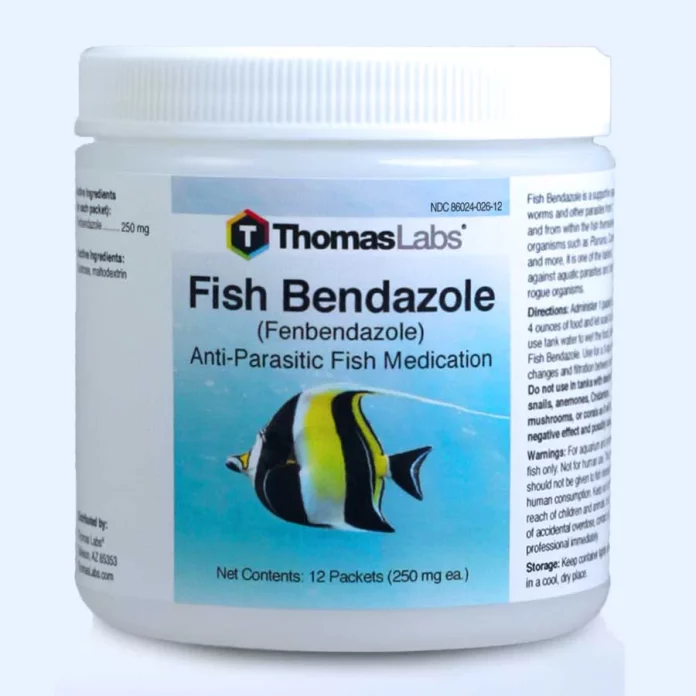The most common use of fenbendazole is to treat intestinal parasites in dogs such as roundworms, hookworms and whipworms. It is also often used off-label to protect against other parasitic infections including giardia and lungworms in puppies. It is a broad spectrum anthelmintic with the additional benefit of being effective against tapeworms in mammals, birds and reptiles as well.
Fenbendazole is a member of the benzimidazole family of medications. It presents a wide-spectrum anthelmintic effect against a variety of nematode and protozoal parasites. In veterinary medicine, it is typically administered as capsules or granules. It is very well tolerated by most animals and is usually very safe when given as directed.
Although it is not an anticancer drug, fenbendazole has shown some promising preclinical results in tumor research. When combined with certain vitamins and antioxidants, such as vitamin C, B vitamins, selenium and vitamin E, fenbendazole was found to significantly increase the radiation response of several tumor types, including human prostate cancer cells. It was also found to synergistically improve the anticancer effects of nitroheterocyclic chemotherapy drugs and radiosensitizers.
A number of studies have shown that fenbendazole reduces the growth of unirradiated EMT6 tumors in BALB/cRw mice. In one experiment, 7-8 mice were randomized at a mean tumor volume of 100 mm3 to serve as untreated controls or to receive three daily i.p. injections of fenbendazole at the times indicated by the three dark arrows. These mice were then irradiated at 10 Gy. The number of lung metastases seen on necropsy was not significantly different between control and fenbendazole-treated mice.
When fenbendazole is combined with dietary fiber, it significantly decreases the size of mammary tumors in mice. It is thought that the fenbendazole enters the cell to disrupt the metabolism of the cancerous tumor cells and kills them without harming normal cells. In a similar study, fenbendazole combined with folic acid reduced the size of mammary tumors in both a mouse model and human cancer cells.
Fenbendazole has also been shown to significantly increase the radiation response of a number of other types of tumors in both animal and human studies. In a mouse model, it increased the effectiveness of low doses of cisplatin and gemcitabine as well as irradiation alone. It also decreased the toxicity of low doses of doxorubicin and mitomycin C in a rodent leukemia model.
In ruminants, fenbendazole is approved for removal of roundworms (Giardia canis), hookworms (Ancylostoma caninum and Uncinaria stenocephala), whipworms (Trichuris suis) and the tapeworm genus Taenia (not effective against Dipylidium caninum, the common dog tapeworm). It is also labeled to remove stomach worms in cattle (Hyostrongylus rubidus, Ostertagia ostertagi, Trichostrongylus axei and Bunostomum phlebotomum) and ascarids (Metastrongylus pudendotectus and Metastrongylus neoformans) and lungworms in nonlactating goats and sheep (Oesophagostomum dentatum and Oesophagostomum quadrispinulatum). It is also prescribed for the treatment of ascarids in big cats (leopardus, ursus ungusti, tigrosis) and in bears.
SVPMEDS is a specialty pharmacy that compounds fenbendazole to meet individual pet needs. Our goal is to provide quality, safe medications that our clients can trust. Please contact us if you would like more information on how we can help with your veterinary needs.fenbendazole capsules




